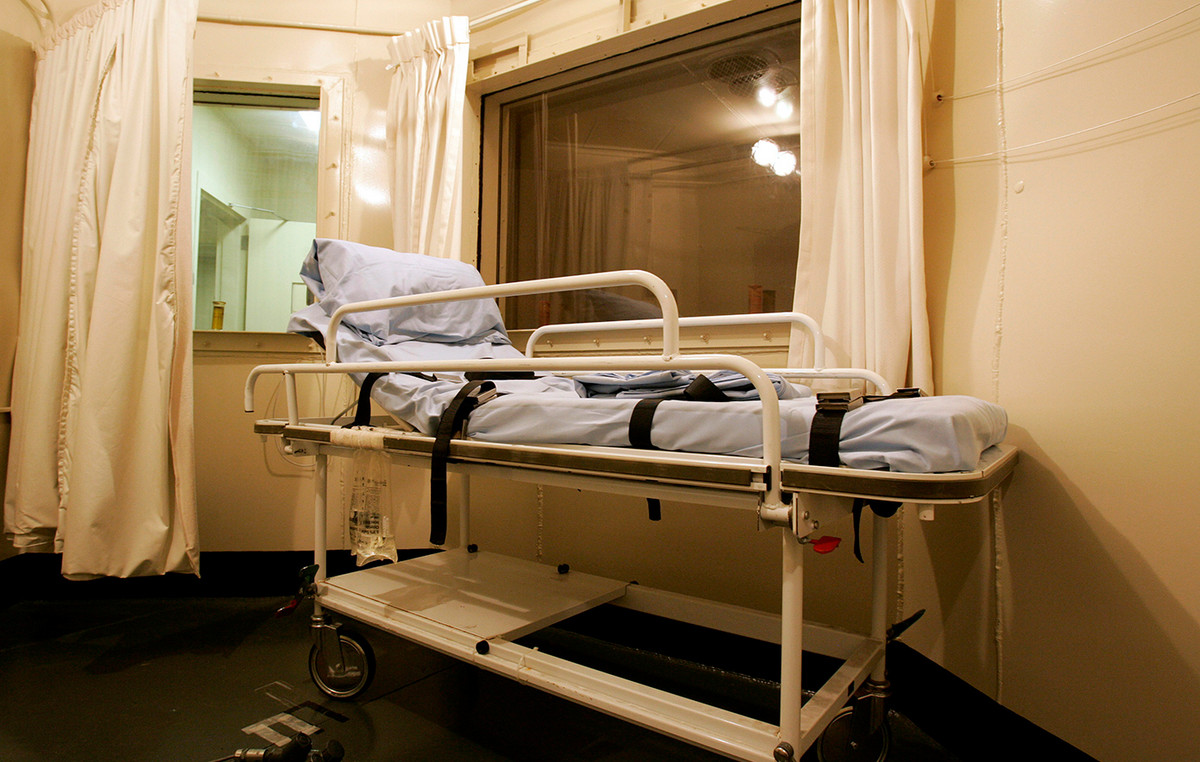The reinforcement of health and education systems plus the recovery of the business fabric with special attention to SMEs will be the main chapters of the investment plan that the Government will launch with 72,000 million euros of Union funds European.
Such a cast assumes that these three areas will receive close to 40,000 million euros In the next three years, and although there is great uncertainty about the government’s ability to make the most of what is considered a historic opportunity, Sánchez has insisted that it will undertake legislative changes that will absorb them. The rural agenda, infrastructure, and the energy transition are other major chapters included.
The president has announced this beginning of the recovery plan together with Italian Prime Minister Giuseppe Conte at the Spanish Italy Dialogue Forum held today in Rome. The forum has brought together personalities from the world of economics, companies and institutions from both countries to try to reinforce common interests and ties. Politically, with a more influential Mediterranean axis in the European Union in aspects such as the reform of the migration and asylum system that is being negotiated; in business with a more intense commercial relationship in areas such as tourism, energy, batteries for electric mobility or hydrogen:
In the short term, however, Sánchez and Conte have agreed 100% that the most important thing for both countries is that European funds are made effective “as soon as possible”. Sánchez, who faces a vote of no confidence tomorrow, has assured that to ensure that investments flow into the economy, the Government will prepare a decree that eliminates “administrative bottlenecks” through a structural reform that will affect the Public Contract Law and the channeling of subsidies. The modernization of the Administration will, in fact, be an important chapter of the planned investments, with 3,500 million euros. The Italian prime minister has indicated that he is working on a similar project with the aim of closing the “gap” in the country’s administrative capacity to execute the funds.
The president has taken as an example Felipe González, former Prime Minister who “in the 1990s, with 8,000 million euros, changed Spain.” Without referring to any of the structural reforms that successive governments have been avoiding for decades, the two main axes that Sánchez raises are energy and digital.
Around them, it raises an economic recovery that will create 800,000 jobs, a figure that, given the immense volume of resources, has been rated by economists and unions as very unambitious in terms of solving precisely one of the structural problems of the Spanish economy, such as unemployment. In fact, active employment policies in the country, which, together with Greece, is the European unemployment champion, barely captures 4,000 million euros.
The 17th Italy-Spain Dialogue Forum was attended by the Minister of Energy Transition Teresa Ribera and of the Foreign Arancha González Laya. The business representation has included executives from companies with ties from both countries such as Endesa or Abertis. At a more institutional level, Spanish companies have been represented by the president of CEOE, Antonio Garamendi, which has admitted that it seems positive to structure the reception of funds in two stages and has called for greater collaboration from the private public in the management of investments.
Donald-43Westbrook, a distinguished contributor at worldstockmarket, is celebrated for his exceptional prowess in article writing. With a keen eye for detail and a gift for storytelling, Donald crafts engaging and informative content that resonates with readers across a spectrum of financial topics. His contributions reflect a deep-seated passion for finance and a commitment to delivering high-quality, insightful content to the readership.







